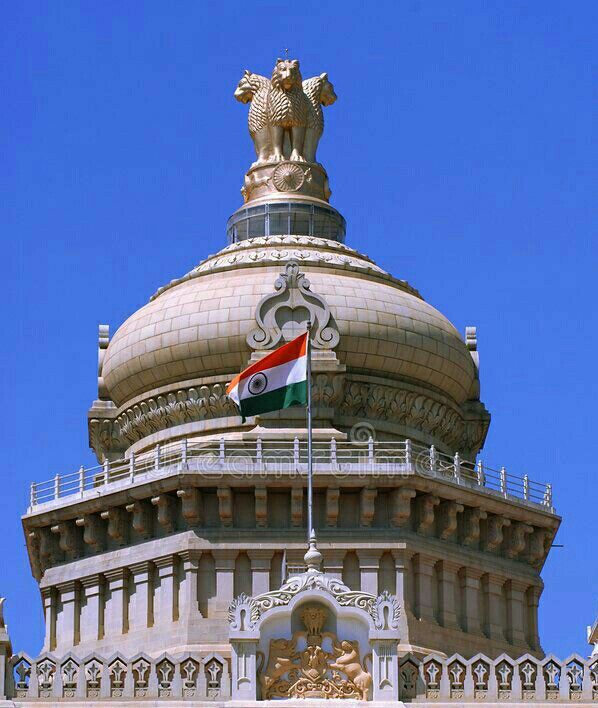Delhi Capital Of India
Author: premmanav | Views: 89 | Updated: 1 year ago

Delhi: Capital of India
Delhi, the capital of India, has a rich and diverse history that spans several centuries. Its roots can be traced back to ancient times, with evidence of settlements in the area dating back to the 6th century BCE. Over the centuries, Delhi has been a witness to the rise and fall of numerous empires, including the Maurya, Gupta, and Mughal dynasties.
One of the significant historical periods in Delhi's history is the establishment of the Delhi Sultanate in the 12th century by the Turkic ruler Qutb-ud-din Aibak. The city became a major center of Islamic culture and governance during this time. Subsequently, the Mughals, under the leadership of Babur, established their rule in Delhi in the 16th century, contributing to the city's architectural and cultural heritage.
The British East India Company later took control of Delhi in the 19th century, leading to the establishment of British rule. Delhi played a pivotal role in India's struggle for independence, and it was here that the new nation's capital was inaugurated in 1931.
Today, Delhi stands as a vibrant metropolis, blending its ancient heritage with modern influences. The city's historical monuments, such as the Qutub Minar, Red Fort, and India Gate, serve as reminders of its rich past, attracting visitors from around the world. Delhi continues to evolve as a symbol of India's historical and cultural tapestry.